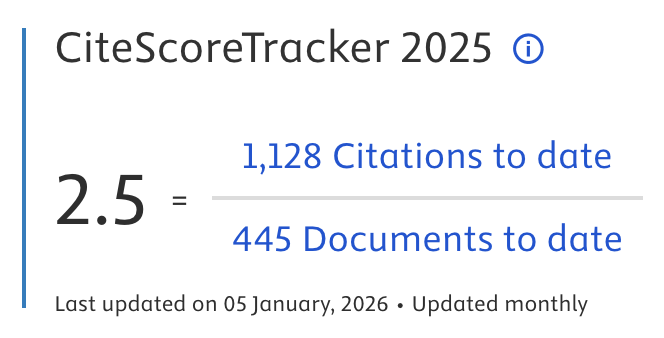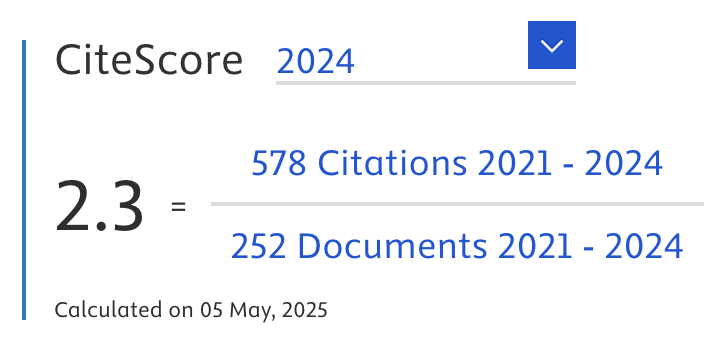Exploratory Data Analysis & Booking Cancelation Prediction on Hotel Booking Demands Datasets
Abstract
Online ordering is the latest breakthrough in the hospitality industry, but when it comes to booking cancellations, it has a negative impact on it. To reduce and anticipate an increase in the number of booking cancellations, we developed a booking cancellations prediction model using machine learning interpretable algorithms for hotels. Both models used Random Forest and the Extra Tree Classifier share the highest precision ratios, Random Forest on the other hand has the highest recall ratio, this model predicted 79% of actual positive observations. These results prove that it is possible to predict booking cancellations with high accuracy. These results can also help hotel owners or hotel managers to predict better predictions, improve cancellation regulations, and create new tactics in business.
Article Metrics
Abstract: 2512 Viewers PDF: 1513 ViewersKeywords
EDA; Data Analysis; Booking Cancelation; Random Forest; Extra Tree Classifier
Full Text:
PDF
DOI:
https://doi.org/10.47738/jads.v2i1.20
Citation Analysis:
Refbacks
- There are currently no refbacks.

Journal of Applied Data Sciences
| ISSN | : | 2723-6471 (Online) |
| Collaborated with | : | Computer Science and Systems Information Technology, King Abdulaziz University, Kingdom of Saudi Arabia. |
| Publisher | : | Bright Publisher |
| Website | : | http://bright-journal.org/JADS |
| : | taqwa@amikompurwokerto.ac.id (principal contact) | |
| support@bright-journal.org (technical issues) |
 This work is licensed under a Creative Commons Attribution-ShareAlike 4.0
This work is licensed under a Creative Commons Attribution-ShareAlike 4.0





.png)